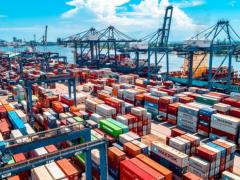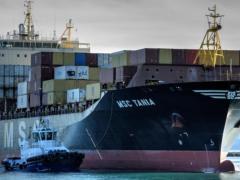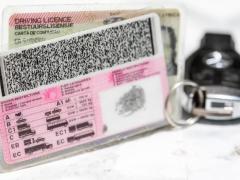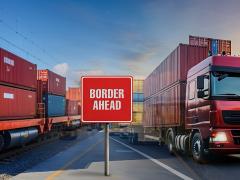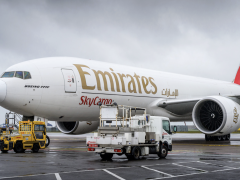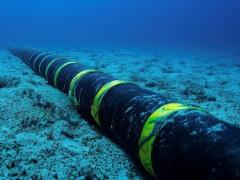Project cargo shipments represent far more than the value of the equipment being moved – any delays or losses will affect the planned rollout of the project at the final destination. Disruptions can lead to cost overruns, delays in project completion, and loss of revenue. Security issues, port challenges, fluctuating fuel and currency prices, route planning and border formalities all add to the risk and complexity. While insurance is a must, the shipper or cargo owner can reduce the risk by selecting the right logistics company. These are the questions that industry veterans advise should be asked: First is what experience the service provider has in handling project cargo similar to yours. Moving project cargo requires specialised industry knowledge. Ensure the provider has a proven track record with similar cargo and is able to manage the entire end-to-end process. You do not want to have to deal with multiple service providers. Ask for references and follow them up. The company should be able to provide case studies to demonstrate its competence and experience. Handling project cargo often involves oversized or delicate items. Confirm their expertise in packaging, transport equipment, and driver vetting to ensure safe delivery. An experienced project cargo handler will have a well- defined plan that documents every step of the cargo handling process. Ideally, look for a company that provides complete end-to- end services. They also need real-time tracking and proactive management of shipments using a combination of artificial intelligence and human knowledge. The proposal by the company should include a detailed logistics plan covering all parties involved, safety compliance, on-time delivery guarantees, and communication channels. Potential bottlenecks or other problems should be identified in the plan, along with contingency plans. An understanding of their contingency plans, communication protocols, and risk management strategies is needed to ensure minimal impact on a project timeline. Ensure that the company has a presence in the countries through which the cargo will travel. Is it through company offices or partners in key locations relevant to the project? This includes evaluating how the company handles customs clearance and regulatory compliance. Ask about their knowledge of trade compliance and free trade agreements which impact the passage of the cargo. Confirm the provider’s financial stability and insurance coverage. Understand the pricing structure and identify any hidden fees. ER
Questions to ask when selecting a service provider
Comments | 0


